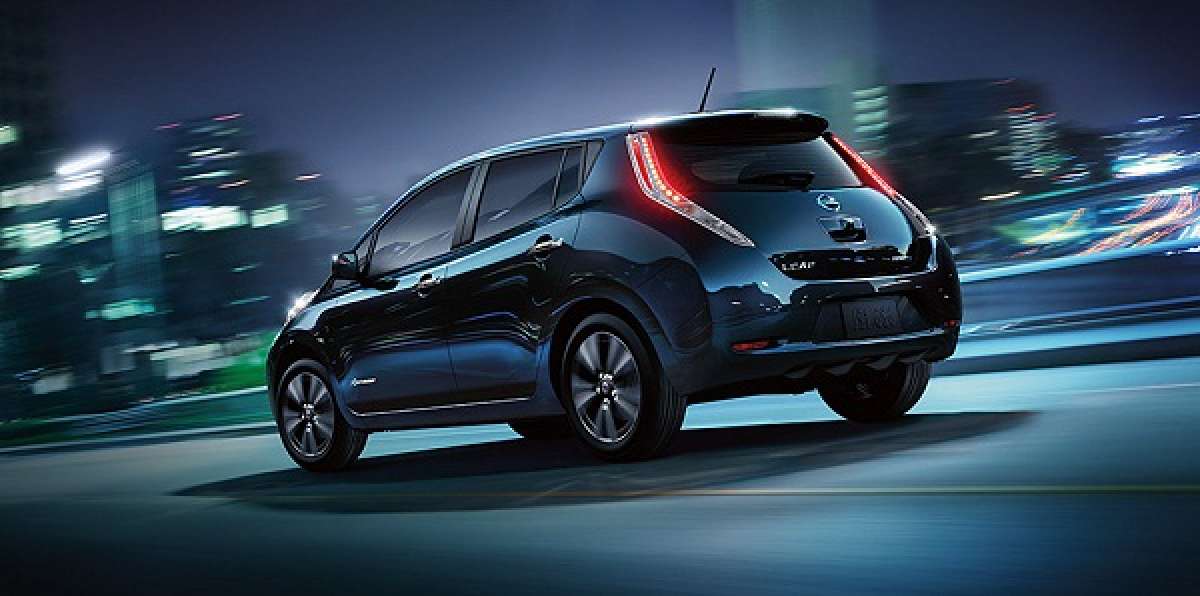Profitability is one of those critical things that can be interpreted in more than one way in the automotive industry. For evidence, look no further than Tesla’s GAAP vs. non-GAAP financial numbers. Vehicle profits are a function of the cost incurred and revenue generated by each car sold as well as the number of vehicles sold, while the initial investment in any new vehicle project may be accounted for in different ways.
The Nissan LEAF, along with its fellow trailblazer the Chevrolet Volt, is a high-profile example of an electric car struggling toward vaguely defined profitability – although Nissan’s CEO says the LEAF is technically already in the black.
Nissan is “getting there” toward profit on the LEAF
Automotive News reports that at last week’s Paris Motor Show, when asked about the LEAF’s balance sheet Ghosn responded candidly but carefully.
“We are getting there,” Ghosn said. “Are we amortizing and depreciating everything we have spent? No. But if you look at the margin of profit – the direct cost of the car and the revenue of the car – we are getting into positive, which is good for this technology.”
Given that Renault-Nissan spent upwards of $5 billion on R&D and manufacturing facilities for its electric vehicles, it will be some time before that initial investment is technically recovered. However, R&D costs are typically spread over an automaker’s entire lineup, so there really can be no point where the LEAF “pays back” its initial cost.
That logic also applies to any new technology in the automotive industry, so it is not quite fair to target electric vehicles (I’m talking to you, Volt haters) for their R&D and plant upgrade costs as though no other vehicles incur similar investments.
With that in mind, the fact that Nissan is making a small profit on each LEAF sold is encouraging, especially considering the likelihood that the greater volumes and improved battery technology of the next generation will tilt the equation even more in Nissan’s favor. Underutilized capacity of LEAF production facilities will gradually get filled out as sales continue to grow.
Four very important cities
Ghosn also happily revealed that Atlanta has become the biggest market for the LEAF, beating out San Francisco, Seattle, and Los Angeles. In August, over 1,000 units were sold in the Atlanta market. The surprising bit is that Atlanta is far from the eco-conscious West Coast, and the South is not exactly thought of as a hotbed for environmentalism. The LEAF has simply been succeeding due to a $5,000 state tax credit in Georgia, word-of-mouth marketing, and its identity as a zippy, money-saving city car.
No doubt Nissan would love to get more cities in on the act. Those top four account for about 80% of LEAF sales, so that leaves plenty of room for growth in other markets. We think the next generation of the world’s best-selling electric vehicle will be quite helpful in that regard.





